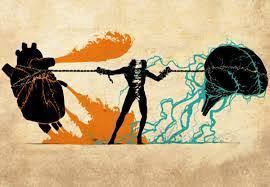The analysis proceeds from the premise that this hegemony was not built on moral or civilizational superiority, but rather on strategic cunning and the exploitation of moments of international exhaustion, as in World War II. The article relies on the tools of symbolic critical analysis, drawing on the works of Foucault, Edward Said, Baudrillard, and Gramsci, to understand the role of the media, elites, and the global cognitive system in producing and promoting the illusion of hegemony.
It also reviews major structural failures in Vietnam and Afghanistan, and the crises of sanctions and alliances.
The article concludes with a call for the liberation of strategic awareness and the establishment of an alternative cognitive and sovereign project that transcends dependency and establishes more equal and balanced international relations.




Comments